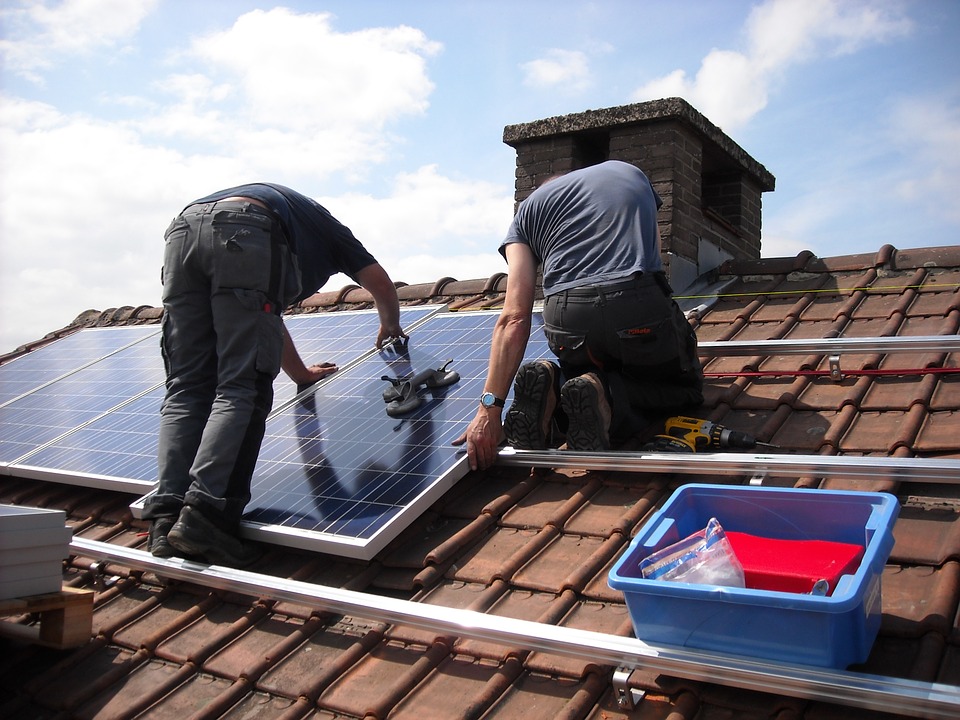The Department of the Treasury and the Internal Revenue Service have issued statistics on the Inflation Reduction Act clean energy tax credits for tax year 2023.
The Inflation Reduction Act, or IRA, extended and expanded tax credits PDF that allow taxpayers to claim residential and energy efficient home energy credits.
Taxpayers have claimed more than $6 billion in credits for residential clean energy investments—which include solar electricity generation, solar water heating and battery storage—and more than $2 billion for energy efficient home improvements — which include heat pumps, efficient air conditioners, insulation, windows and doors — on 2023 tax returns filed and processed through May 23, 2024.
Residential and Energy Efficient Home Improvement Credit
| Credit | Number of returns | Credit value |
|---|---|---|
| Residential Clean Energy Credit | 1,246,440 | Total: $6.3 billion, Average per return: $5,084 |
| Rooftop solar | 752,300 | Up to 30% of cost |
| Batteries | 48,840 | Up to 30% of cost |
| Energy Efficient Home Improvement Credit | 2,338,430 | Total: $2.1 billion, Average per return: $882 |
| Home insulation | 669,440 | Up to 30% of costc |
| Windows and skylights | 694,450 | Up to 30% of cost or $600c |
| Central air conditioners | 488,050 | Up to 30% of cost or $600c |
| Doors | 400,070 | Up to 30% of cost, $250 per door, or $500 total |
| Heat pumps | 267,780 | Up to 30% of cost or $2,000 |
| Heat pump water heaters | 104,180 | Up to 30% of cost or $2,000 |
Homeowners are eligible for tax credits that were created, extended or expanded by the Inflation Reduction Act, when making certain efficiency-increasing improvements to their homes. Some renters are also eligible for specific expenses. Taxpayers can claim the same or varying credits year after year with new products purchased, but some credits have an annual limit.
–
Thanks for reading CPA Practice Advisor!
Subscribe Already registered? Log In
Need more information? Read the FAQs





Boris Obadiah December 31 2025 at 4:34 am
Learned something new today!... You should write more often. https://sogoupc.org